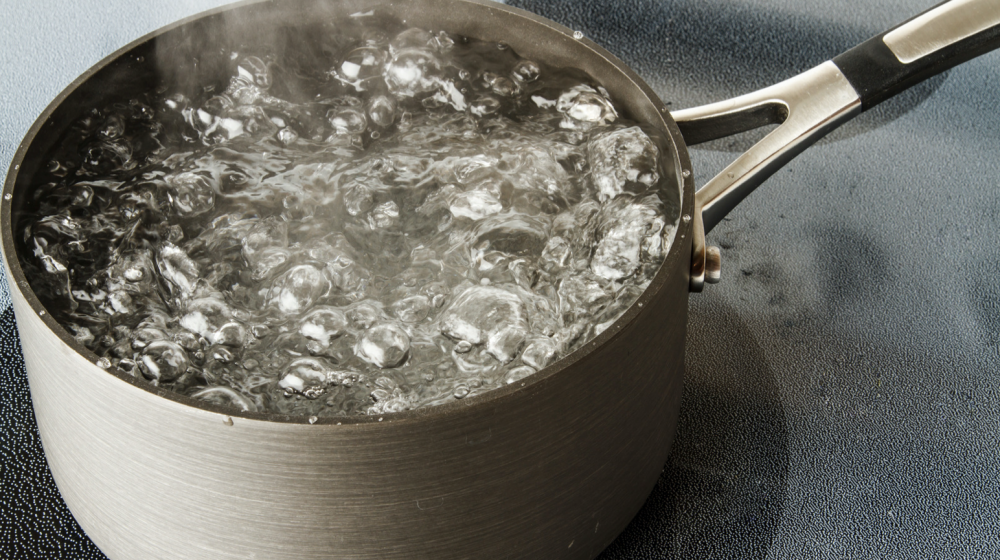What to do Under a Boil Water Notice

Although boil-water notices are an inconvenience, it’s important to heed these safety precautions to avoid ingesting bacteria that could make you and your family sick.
Citizens served by surface water in the City of Jackson are currently under a boil water notice after Pearl River flooding caused some of the city's water treatment equipment to fail.
Although boil-water notices are an inconvenience, it’s important to heed these safety precautions to avoid ingesting bacteria that could make you and your family sick.
Do you know what is safe and unsafe when it comes to using water that is under a boil-water alert? Here are the dos and don’ts from the Mississippi State Department of Health:
Do wash your hands and bathe as usual with tap water. If no water gets in your mouth, nose or eyes, these activities are safe.
Do wash laundry as usual. All water temperatures are safe to use.
Don’t use tap water to brush your teeth.
Don't drink tap water or allow your pets to drink it.
Don’t use tap water to make drinks, ice, or baby formula. Use bottled, boiled, or disinfected water.
Don’t cook with tap water unless the water will boil for at least one minute.
Don’t wash dishes or fruits and vegetables with tap water. Consider using disposable plates, cups, and utensils to cut down on the need to wash dishes.
Don’t use the dishwasher to wash dishes.
How to disinfect water
You can use one of three options to safely disinfect water, according to the Mississippi State Department of Health.
- Bring tap water to a rolling boil for at least one minute.
- If you cannot boil your water, mix eight drops (1/8 teaspoon) of unscented, ordinary household chlorine bleach per gallon of water. On the label, you’ll see 5.25 percent sodium hypochlorite listed as the active ingredient. Mix the solution thoroughly, and let it stand for about 30 minutes. This treatment will kill bacteria, but not parasitic organisms. If water is muddy or cloudy, remove sediment by straining it through a cloth or filter paper before disinfecting.
- Treat water with chlorine or iodine tablets.
What to do when the alert is lifted
You should make sure the contaminated water is flushed from your faucets and other connections, including the dishwasher, before you begin to use the water again. Learn how long to run your faucets and other guidelines to follow on the Mississippi State Department of Health website.
How do you know if you are under a boil-water notice?
Boil water notices can be issued by individual community water systems or by the Mississippi Department of Health. How you receive the notice depends on your water system and the reason for the alert. You may see it reported on the news, get a flier on your door, or get a text or email alert. Learn more about how and why boil-water alerts are issued on the Mississippi State Department of Health website.
Does your water come from a private well?
If your water comes from a small, private water supply (15 connections or less) or an individual private well, you are responsible for testing and treating the water as needed to make sure it is safe. You can get free, educational training through Extension’s Mississippi Well Owner Network Program to learn how to properly maintain your well and test your water. Water samples can also be tested through the program for a small fee.
For more information about maintaining private wells and testing the water, read Extension Publication, “Testing Residential Private Well Drinking Water and Understanding Bacteriological Analyses.”
Our Mississippi Well Owner Network web page provides more information specific to private wells, their maintenance, and safety.
Subscribe to Extension for Real Life
Fill in the information below to receive a weekly update of our blog posts.









